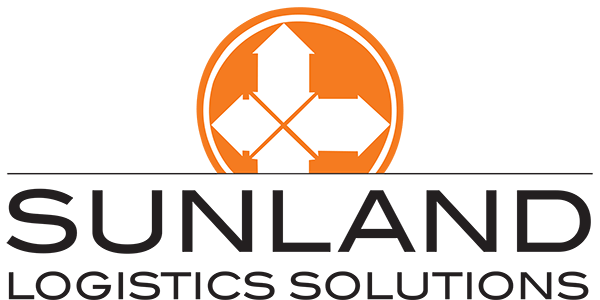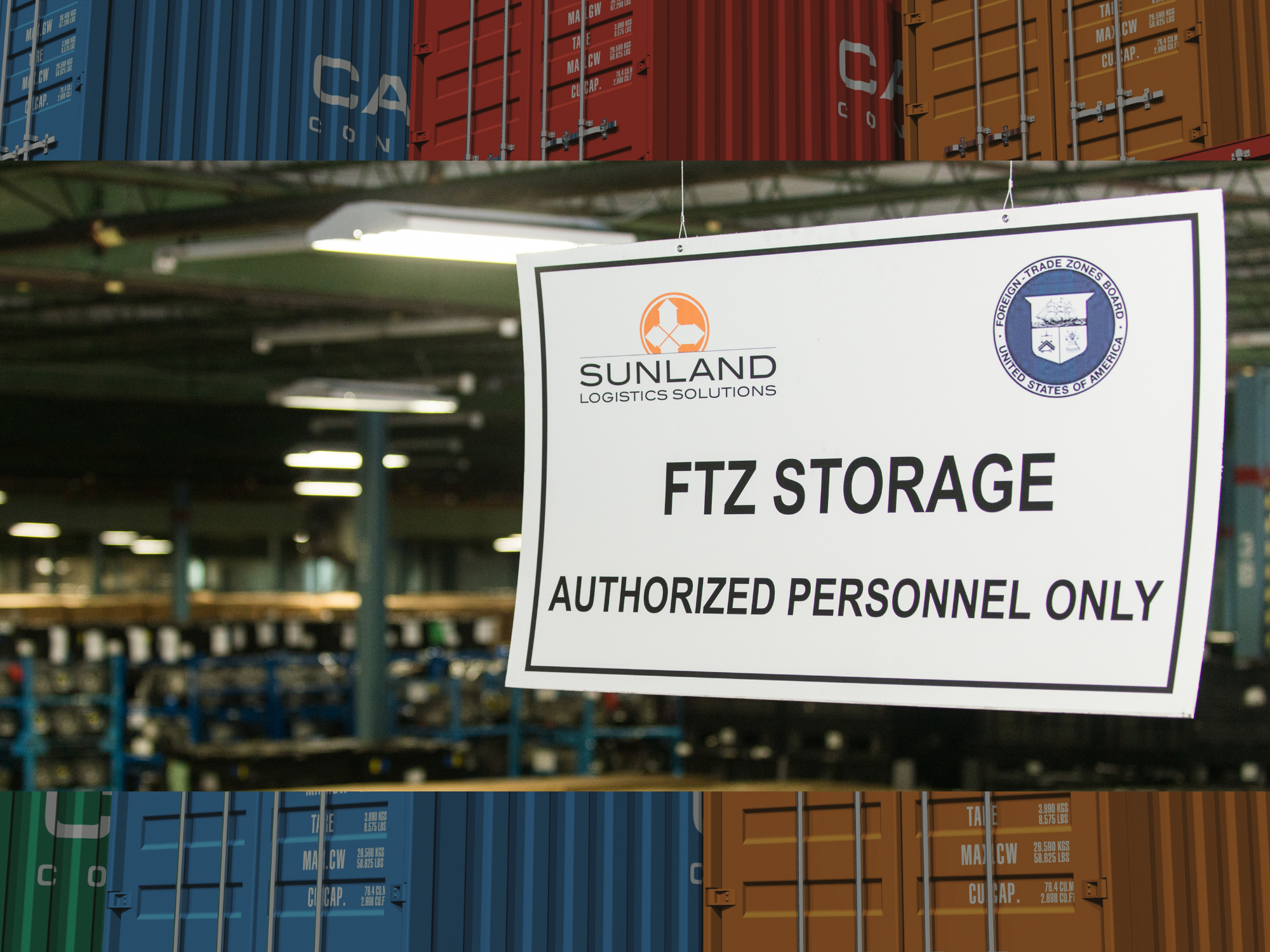As tariff uncertainty causes shippers to reevaluate their supply chain strategies, many importers are leveraging the usage of Foreign Trade Zones (FTZ) warehouses to help alleviate or delay some of the cost impact. These specially designated areas offer a range of benefits for companies engaged in international trade.
Benefits of Foreign Trade Zone (FTZ) Warehousing:
Improve Cash Flow
One of the primary advantages of using FTZ certified warehouses is the potential for significant tax savings. Goods imported into an FTZ are exempt from customs duties until they are officially brought into the U.S. This delay can improve cash flow and align the timing of duties with the sale of the goods.
Gain Supply Chain Efficiencies
FTZ warehouses also provide streamlined logistics management. By allowing goods to be stored and processed without the immediate burden of tariffs, businesses can optimize their supply chain efficiencies. Companies can react more swiftly to market demands and reduce holding costs, as they don’t need to pay duties until goods leave the zone for domestic sale.
Effective Inventory Management
FTZ certified warehouses support more effective inventory management. Businesses can consolidate inventory from multiple international suppliers into a single location, facilitating better oversight and reducing transportation costs. This centralization improves accuracy in tracking and managing stock levels.
The use of FTZ certified warehouses offers compelling advantages for businesses involved in international trade. From tax benefits to streamlined logistics and improved inventory management, these warehouses play a crucial role in enhancing operational efficiency. As global trade continues to evolve, leveraging FTZ certified facilities may become an essential strategy for businesses aiming to maintain a competitive edge.
Sunland Logistics Solutions operations FTZ, bonded warehouse facilities in strategic logistics markets in the U.S. Please reach out to Sunland’s Business Development Team to learn more. `








